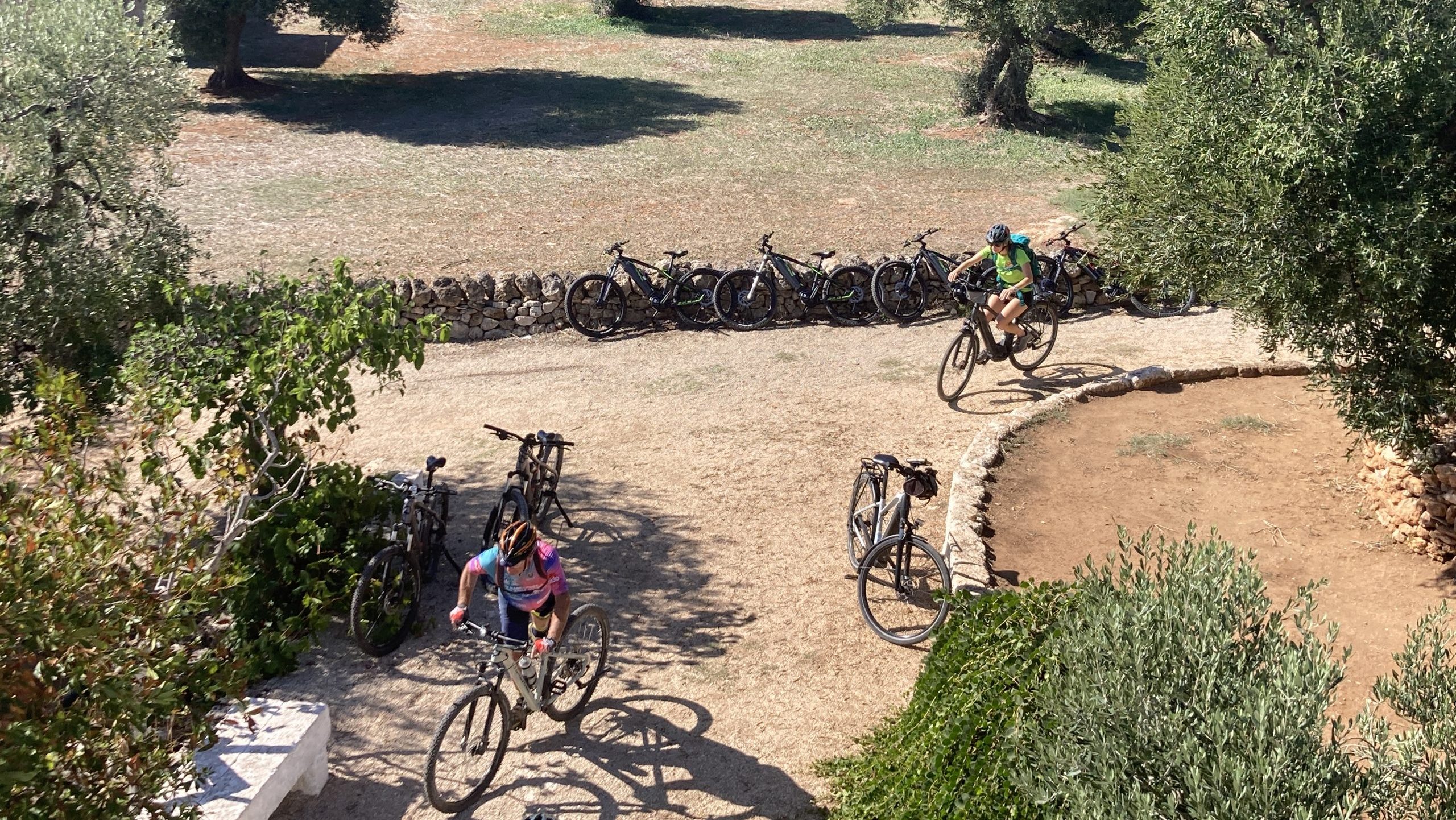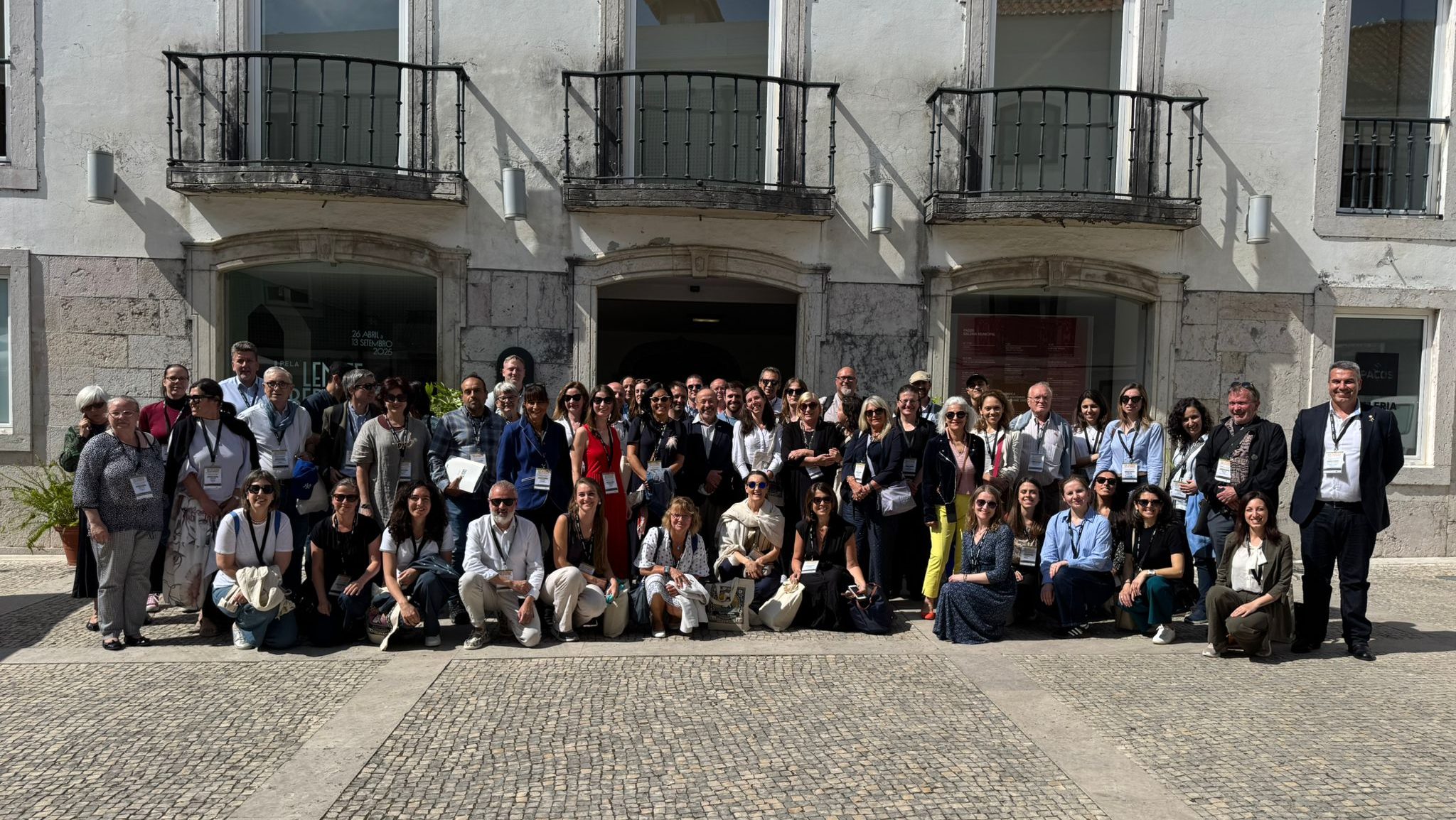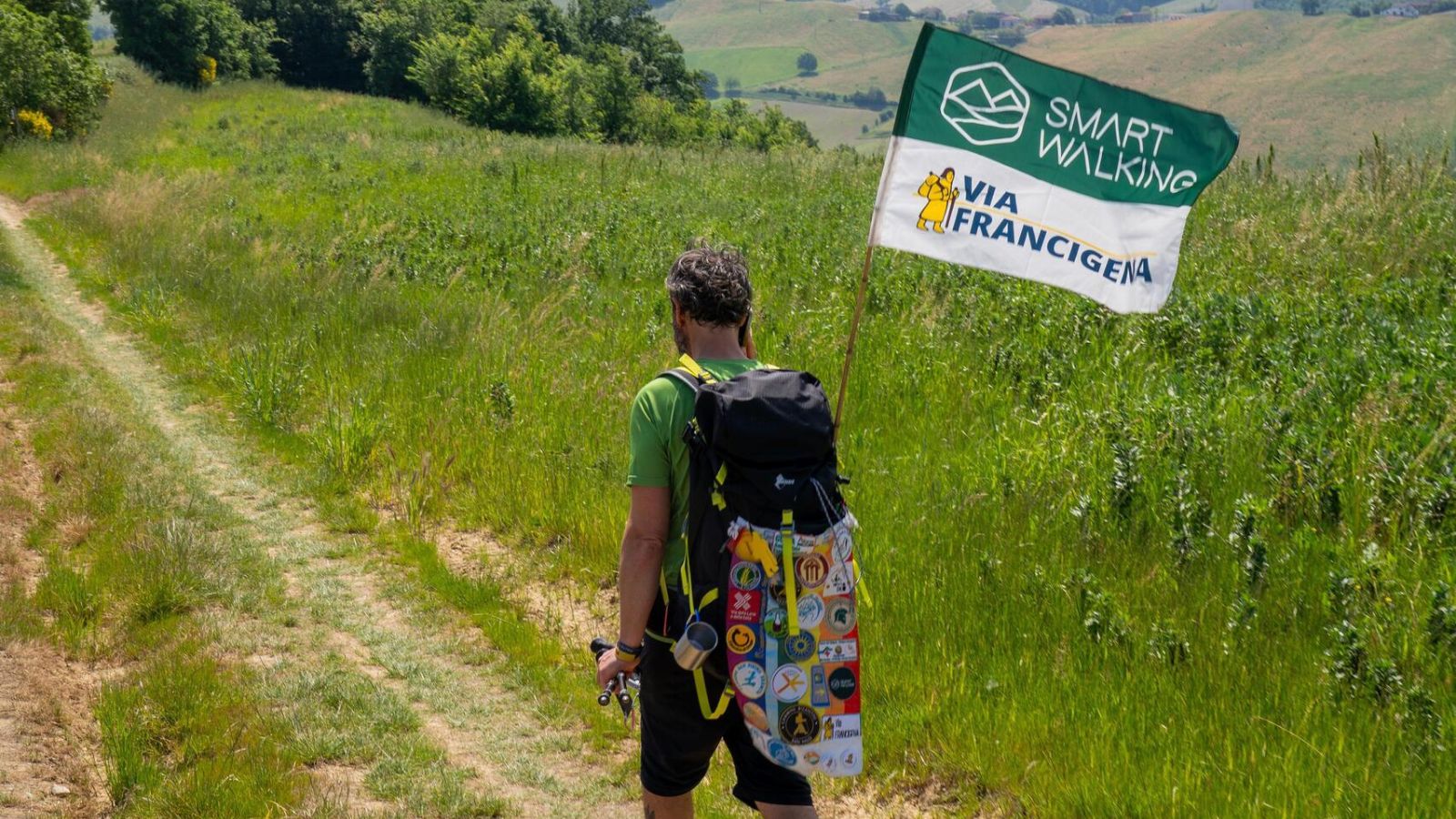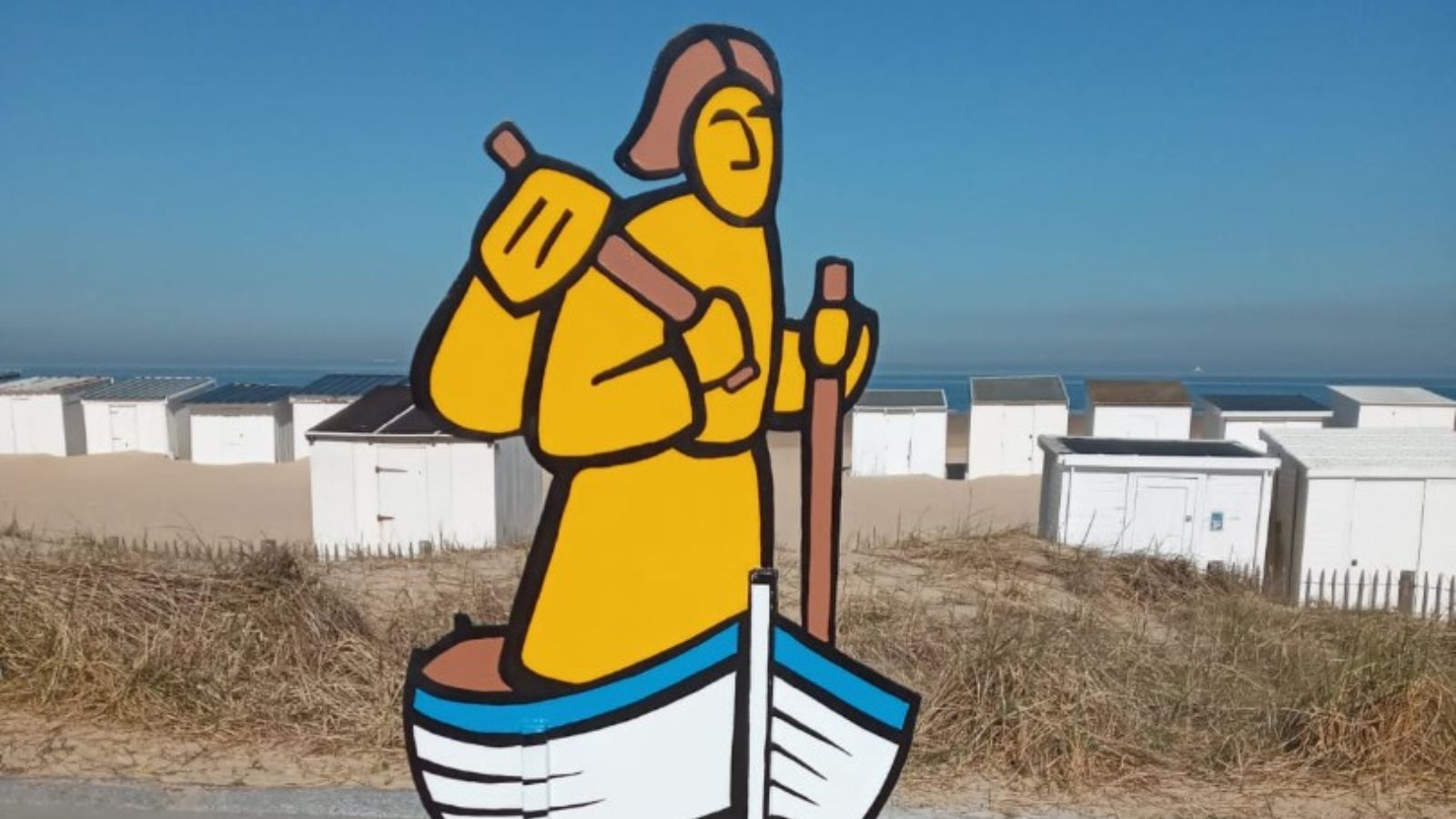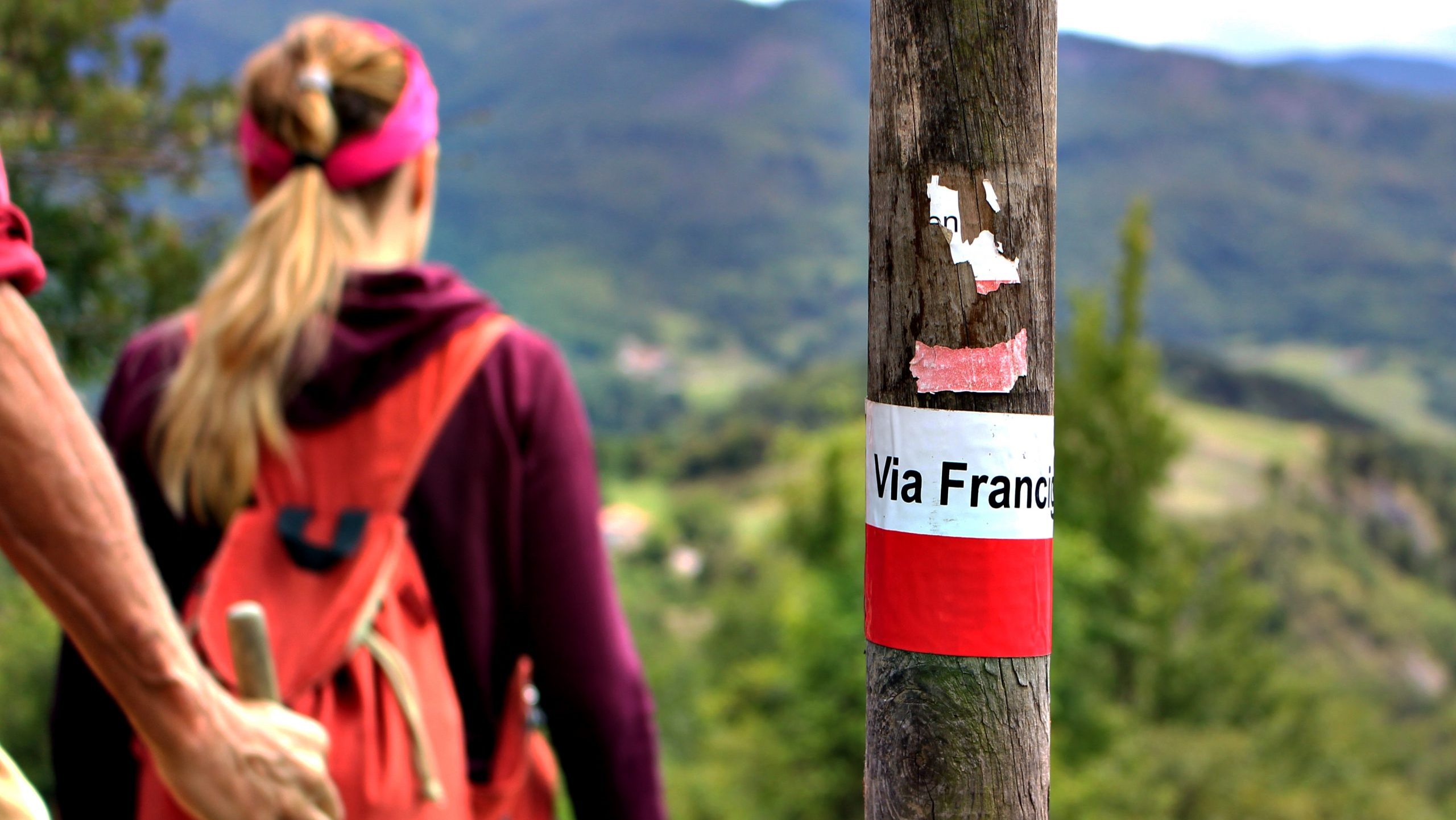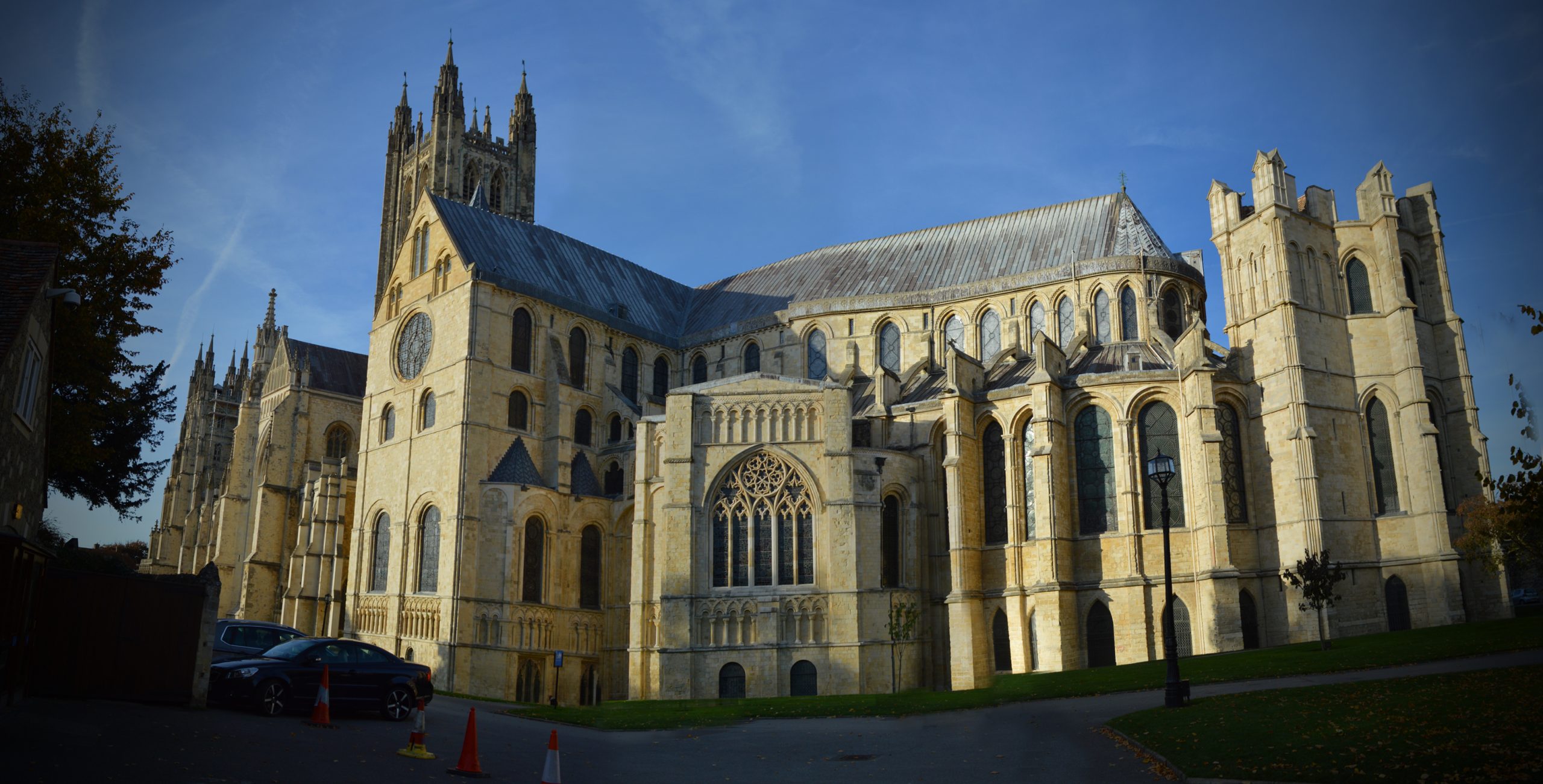In recent years, the number of people choosing to travel by bicycle along the Via Francigena has been steadily rising. This trend reflects the broader boom in cycle tourism across Europe, with over 23 million bike trips recorded annually in the EU, according to data from the European Cyclists’ Federation. The total economic impact is estimated at €44 billion.
Who are the Francigena Cycle Travellers?
They are mostly adults, often aged between 35 and 60, travelling in pairs or small groups. They seek authentic experiences and close contact with the local area. Many take on the route for cultural, spiritual or sporting reasons, with an increasing awareness of environmental sustainability. According to research by CBI Netherlands, these travellers tend to prefer the support of specialist operators to help organise routes, logistics, and luggage transport.
What do they look for along the way?
Those who choose to cycle the Via Francigena need:
- Bike-friendly accommodation, equipped with secure bike storage, repair kits and energy-boosting breakfasts.
- Luggage transport and bike rental services.
- Quick and local refreshment stops, such as small cafés, farm stays or food trucks.
- Clear signage and up-to-date information on the cycle route.
Spanning four countries – England, France, Switzerland, and Italy – the Via Francigena is an ideal route for cultural cycle tourism, offering stunning landscapes and a wealth of historical heritage, as confirmed by data collected in 2024. The Italian section, in particular, is becoming increasingly well-equipped for cycle travellers, thanks not only to a dedicated app but also to projects like Detour – a three-year initiative funded by the European Union promoting accessibility, innovation, and inclusivity along historic routes. It also supports the promotion and financing of small and medium-sized enterprises involved in the development of the route.
An Opportunity for Local Communities and Businesses
Investing in services for cycle travellers means fostering local development. This is evident in successful examples such as the Rota Vicentina in Portugal, which expanded its focus to include cycle tourists, generating €15 million in revenue and creating 1,400 new jobs in sectors such as bike rental, light catering, and guided tours.
In Italy too, there is a growing number of local businesses offering tailored services for two-wheeled travellers, often in collaboration with official walking and cycling routes.
Towards an Even More Bike-Friendly Francigena
On the occasion of World Bicycle Day (June 3, 2025), it is worth highlighting how integrating cycle tourism into major cultural routes is a key driver for slower, more mindful, and sustainable tourism.
European projects, national strategies, and local initiatives must work hand-in-hand to improve infrastructure, training, and hospitality. Because the bicycle is not just a means of transport — it is a powerful tool for connecting people, landscapes, and cultures.

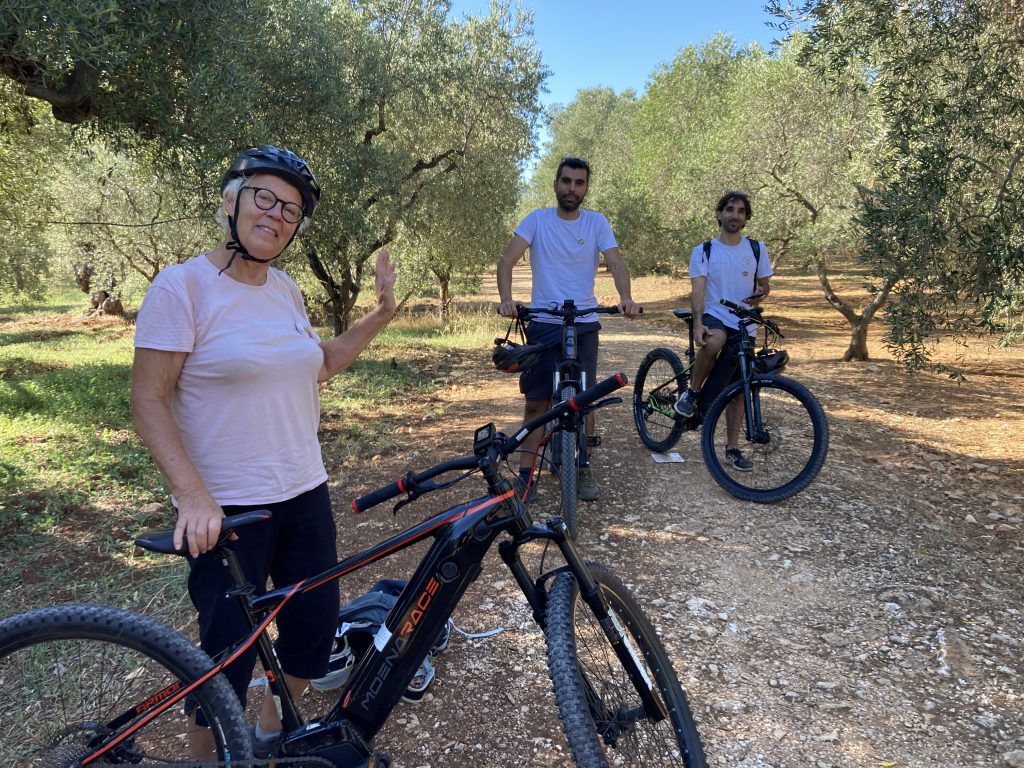
Credits: A few snapshots from the cycling trip along the Via Francigena towards Ostuni in Puglia, taken during the HIKE project in September 2024.



